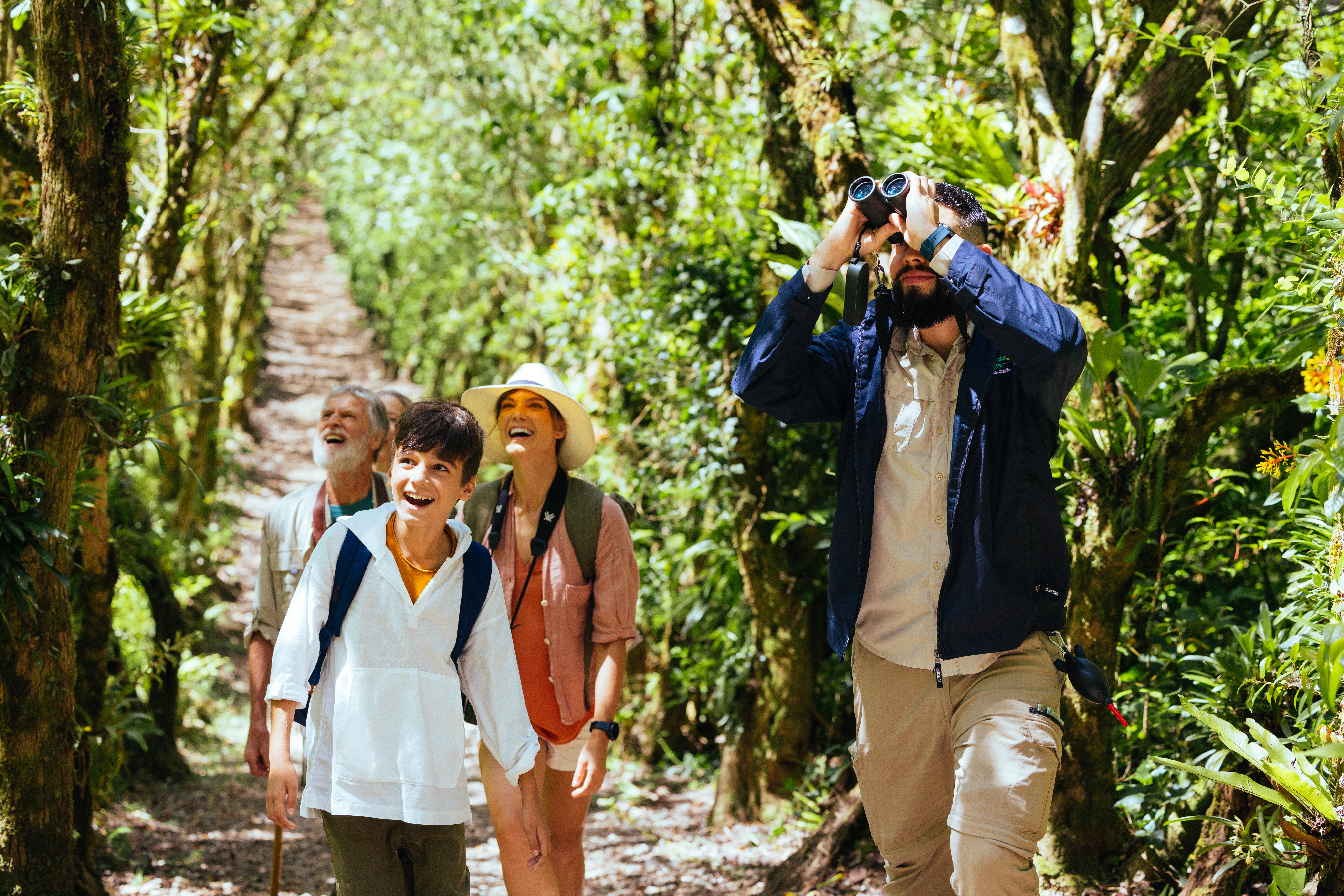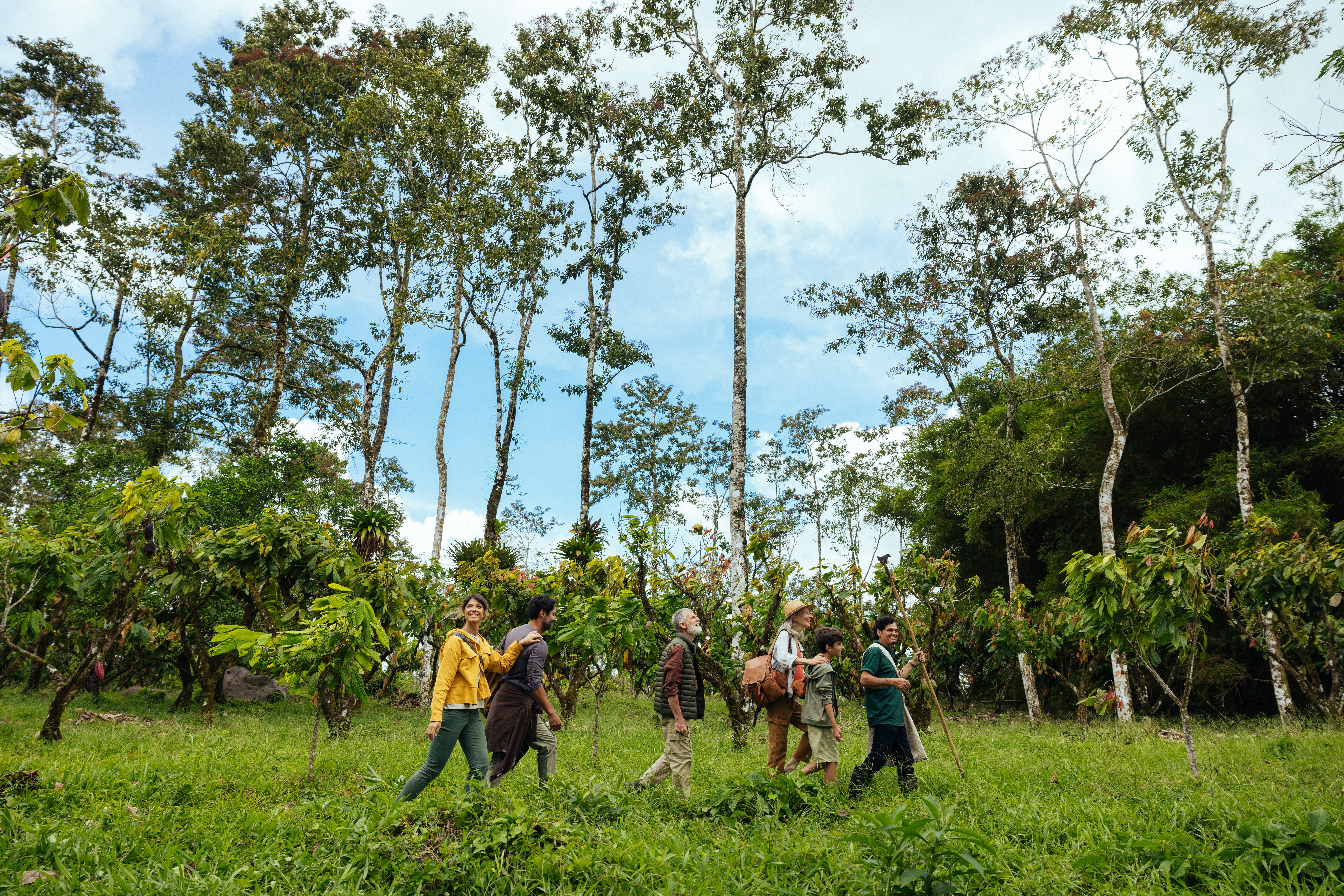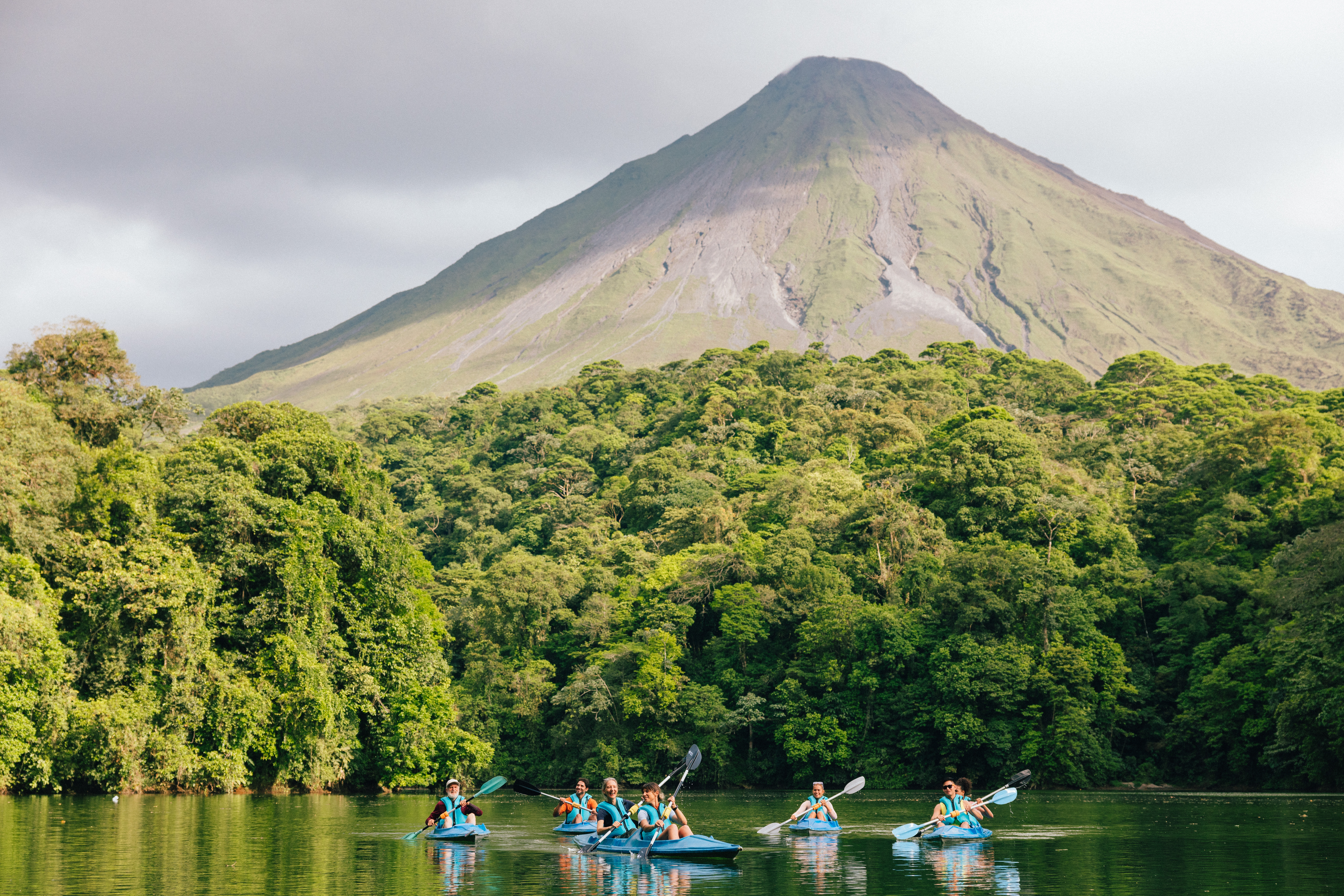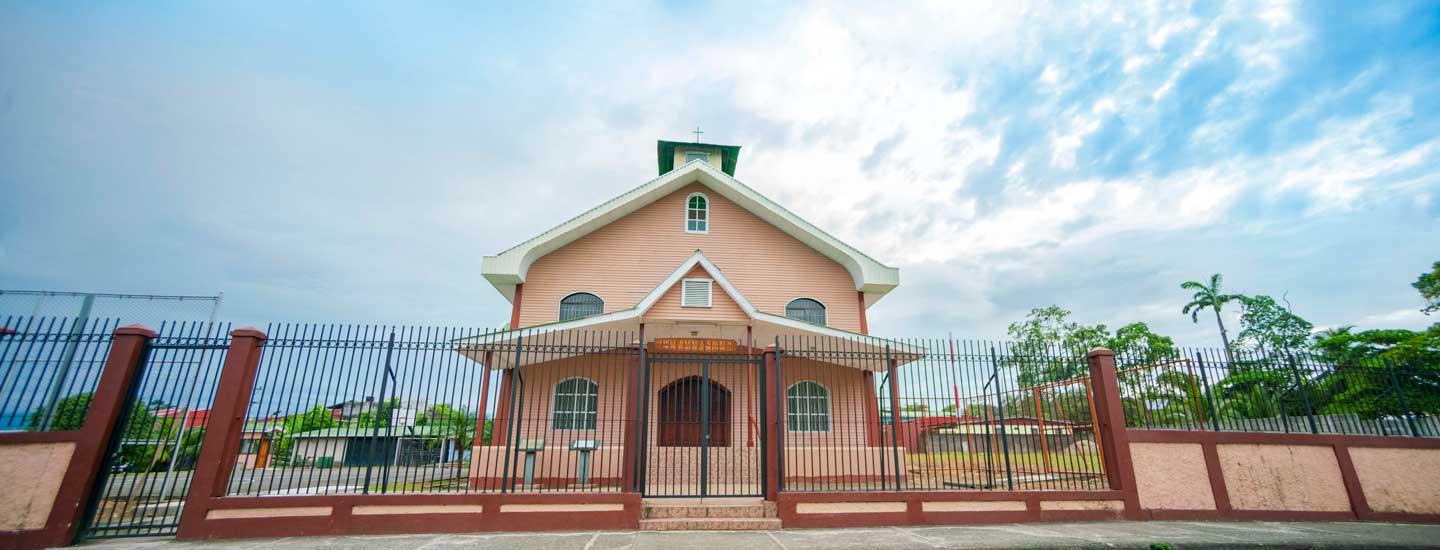On our tour through the Caribbean, in addition to eating well and appreciating the multicultural environment, we decided to check out some of its most emblematic buildings and historic sites. Be sure to check them out as well when you visit the area.
1. Edificio de Correos:
the historic post office is located on Calle 4, between Avenida 1 and Avenida 2. Built in 1911, it was declared a Costa Rican Architectural Heritage Site in 1981. In 2012, its structure and the Ethno-Historic Museum on its second floor were restored. Throughout its history, it has served as the office for the Justice Tribunals, the Criminal Court and the Limón Police Station. In addition, it held the offices of JAPDEVA, the Colegio Nuevo and the Guardia Rural. The Post and Telegraph Office entered the premises in 1973, where it remains to the present. You won’t be able to miss it, since its Neoclassical and Neocolonial design is a clear product of the era in which it was built. In addition, it is very close to Parque Vargas, the Limón Municipal Market and most businesses, meaning you won’t have far to go to enjoy a good meal.
2. Escuela General Tomás Guardia:
the school building is also located in the heart of Limón on Avenida 2 and Avenida 3, less than 200 m from the Post Office Building. The building’s history began on February 12, 1877, when an agreement was made to build the Upper Boy’s Educational Institute, whose educational infrastructure changed over time, with a new building constructed during the presidency of Rafael Ángel Calderón Guardia. Its sober brick construction is characteristic of school architecture in the mid-20th century. It was declared to be of architectural interest in 1989. It is green in color and is located close to the bus terminal as well as near restaurants and just 750 m from Limón’s Juan Gobán Stadium, if you’d like to pay it a visit.
3. Catedral Sagrado Corazón de Jesús de Limón:
A cathedral located between Avenidas 3 and 4, and Calles 5 and 6. A must-see if you’re going to downtown Limón. The first Catholic church in Limón was established in 1892. When the parish was created, it was named for the Sacred Heart of Jesus. The old cathedral was demolished in 2001, and the new one was designed in a more modern style by Mexican architect Raúl Godar. The windows, bell and the monument of Christ from the original cathedral remain part of the new building. The church has a garden and plaza, perfect for a visit and some photos with your whole family.
4. Casa Misionera Bautista:
Located at the intersection of Avenida 6 and Calle 5 in downtown Limón. This building was constructed at the end of the nineteenth century in a Victorian style typical of the West Indes. The two-story building was meant for the offices and lodging of the Baptist church. The construction was built due to the interest of the Jamaican Baptist congregation to build a religious mission for the black population of the Costa Rican Caribbean. It was declared to be a historic architectural heritage building in 2002. Its melancholy facade and pastel colors are the perfect backdrop for a photo. In addition, it’s located practically in front of the Casa del Dominó, another one of the icons of the Caribbean province.
5. La Casa del Dominó:
Dozens of generations from Limón have come together over a game of dominoes amidst history and good conversation. The building goes back to the 1960s, when a building called “Casa Dominó” – The Domino House – was built so that railway workers could seek out a moment of leisure. The game was a favorite amongst the Jamaican workers who came to the country to work on the railroad. In 2017, the infrastructure was renovated to conserve the cultural legacy of Limón. Today, the gameplay continues with unchanged fervor. You need to see it for yourself, and perhaps even join in a game with some of the experienced players. There is lodging, restaurants and cafés near the house, so you won’t be lacking anything while you’re there.
6. Palacio Municipal:
Located at Avenida 2 and Calle 0, to one side of Parque Vargas. The building dates to 1942 and it is said that the floor design was done by engineer Rogelio Pardo, while the facade was designed by José María Barrantes, one of the most prestigious architects during the first half of the 20th century. It was declared to be of architectural interest in 1990. If you visit it, don’t forget to go for a granizado (shaved ice) in Parque Vargas or see the sunset from the nearby seaside promenade.
7. Monumento a Pablo Presbere:
This monument is located in the garden of the Palacio Municipal, so you’ll be able to see it on a visit to the site. Pablo Presbere was a chief known for being a feared warrior in Talamanca due to the bravery he showed in the rebellion against Spanish invaders in 1709. If you want to take a tour in the area, take advantage of this visit to find one of the several tour operators nearby, who will take you exploring through the Caribbean by land and sea.
8. Antigua Capitanía de Puerto:
the Captain’s quarters demonstrate an Afro-Caribbean or West Indian influence, which you’ll notice as soon as you see it. You’ll find the building in a corner of Parque Vargas. Built in 1930, it was part of a group of buildings belonging to the United Fruit Company. The building functioned as an office for the Captain and Governor until 1986, and was declared to be historic architectural heritage in 1995. This is one of the most important buildings in Limón, making it worth a visit. Ask for permission to go up to the second floor, from where you’ll have a great view over the Caribbean Sea.
Head out to see the Caribbean and learn more about the history it contains. We have no doubt that you’ll enjoy it as much as we did.





